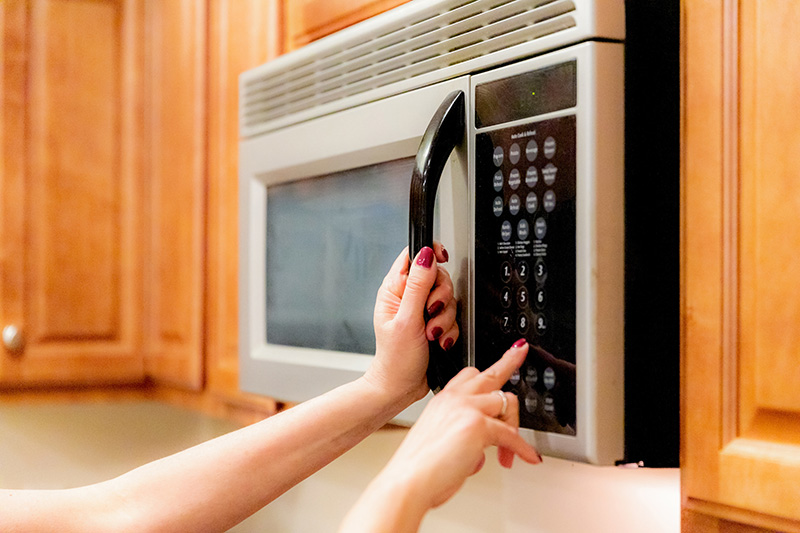Dedicated circuits are electrical circuits that are designed to serve a specific appliance or device, rather than being part of a general electrical system. In a residential home, dedicated circuits are commonly used to power high-energy appliances such as air conditioning units, refrigerators, and stoves. By providing a dedicated circuit for these appliances, homeowners can ensure that they receive the full amount of power they need to function properly, without the risk of tripping a circuit breaker.
There are several benefits to installing dedicated circuits in a residential home. First, they can help prevent electrical fires by ensuring that high-energy appliances are not sharing circuits with other devices. When too many devices are plugged into a single circuit, the circuit can become overloaded, leading to overheating and potentially causing a fire. By installing dedicated circuits, homeowners can prevent this risk and ensure that each appliance has its own power source.
Second, dedicated circuits can help improve the overall efficiency of a home's electrical system. When appliances share circuits, they may not receive the full amount of power they need to function optimally. This can result in reduced performance, increased energy consumption, and higher utility bills. By providing each appliance with its own dedicated circuit, homeowners can ensure that their appliances are running at maximum efficiency, which can save money on energy costs in the long run.
Another benefit of dedicated circuits is that they can help protect sensitive electronic equipment. Appliances such as computers, televisions, and audio equipment can be susceptible to damage from power surges or electrical interference
